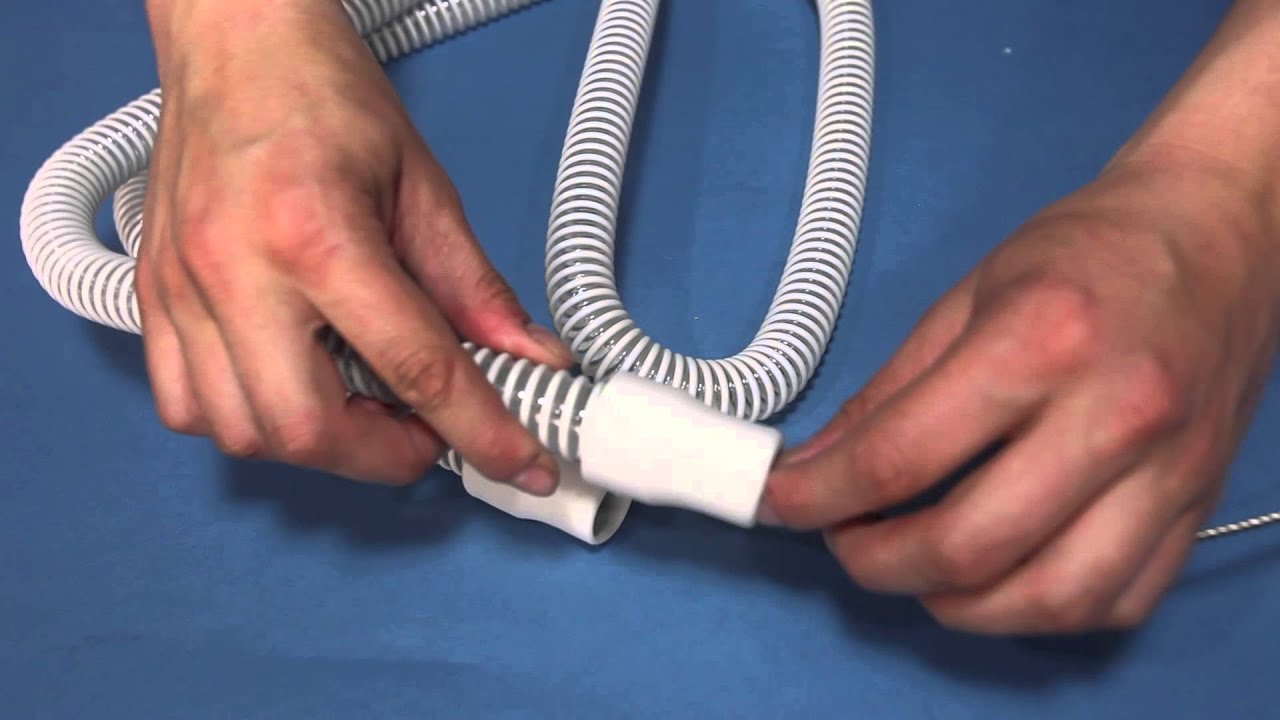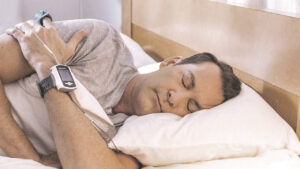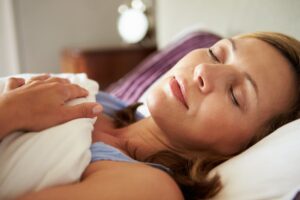
It is no longer news that cleaning and maintaining your CPAP machine is essential. We have heard about how an unclean CPAP mask leads to severe health conditions. Honestly, a sleep specialist will tell you this.
That is why one shouldn’t think about using CPAP machines alone. If you use this device, ensure the instruction to use it comes from your doctor or a sleep specialist. We believe if you have a conversation with the doctor, he will tell you how essential it is to clean and maintain your CPAP.
All positive airway pressure machines need proper maintenance. So even if the doctor asks you to buy BiPAP or APAP, they all need good care. Hence, you must clean your continuous positive airway pressure machine if you don’t want to contract a dangerous disease.
Thus, you need to know how to clean a CPAP machine. First, however, it would be nice to create a piece of background knowledge. Therefore, in this article, we will discuss the meaning of the CPAP machine and then proceed to explain why you need to clean your continuous positive airway pressure machine.

What is a CPAP machine?
A CPAP machine is a tool that helps people battling sleep apnea to breathe more conveniently while sleeping. It is a unique device for treating obstructive sleep apnea. But, then, what is sleep apnea? Breathing regularly stops and begins when a person is asleep, known as sleep apnea.
It has an impact on a person’s daily life and has the potential to be seriously serious. People with sleep apnea may snore loudly or feel exhausted even after a whole night’s sleep. So, if you want a good night’s sleep, you need CPAP treatment.
There are several different types of sleep apnea, with obstructive sleep apnea being the most prevalent (OSA). In OSA, the airway closes during sleep or becomes blocked. Compared to the general population, obese people experience it seven times more frequently.
Other factors that contribute to obstructive sleep apnea include a wide tongue, swollen tonsils, and inadequate muscle tone in the upper airway. CPAP machines have a nasal mask. And the nasal pillow mask help protect your skin.
That is why you need to get the right CPAP machine. You need to talk to your sleep doctor. Also, ensure you get a new CPAP machine. Also, remember the CPAP device you will get must be according to your sleep position. CPAP therapy will make life easier for you.
Your doctor may suggest a CPAP machine if you have sleep apnea. To prevent the airway from closing when someone inhales, the equipment boosts the air pressure in the throat. Additionally, CPAP machines reduce snoring, allowing for a more comfortable night’s sleep. However, there are other options like APAP machines and BiPAP machines.
How to clean your CPAP machine
It is essential to clean your CPAP machine. The first step is to unplug your continuous positive airway pressure machine from the power source. Why do you need to do that? First, you must open your CPAP mask from the mains to avoid unnecessary issues.
Secondly, you must disassemble the CPAP machine before washing it. This is because there are several areas in the air tubing or hose that you need to clean properly. And if you don’t disassemble your mask, you may not clean it properly. Therefore, please ensure you disconnect the hose from the mask and the CPAP machine.
Thirdly, rinse inside and outside the hose with mild soap and warm water. Then, rinse with warm water and get a towel to air dry the device. You can get more information online on how to clean your CPAP machine.

Why do you need to clean the CPAP machine?
Forty-eight percent of the samples from most CPAP masks were found to have 2,000 or more bacteria counts after just 48 hours, according to a study from Brigham and Women’s Hospital and Harvard Medical School.
Furthermore, another study found that CPAP users have a 32% higher risk of developing pneumonia, partly because of inadequate CPAP maintenance.
Also, Mold, bacteria, viruses, and other dangerous germs thrive in the damp, frequently heated environment of CPAP machines. Regular cleaning of your CPAP machine’s components removes these bacteria and keeps them from building up to harmful levels.
But disregarding your CPAP machine’s cleanliness can result in acute and chronic respiratory diseases. In addition, regardless of your hygiene, the cushion and headpiece of your mask will quickly accumulate skin oils. The oil draws dirt and bacteria, and their combination can rapidly cause acne and skin irritation close to your mask.
In addition, a dirty CPAP machine will last much less time than one kept clean. Facial oils and dirt can destroy the components that make up your mask, while Mold and dangerous bacteria can break or fog the hose or humidifier tank.
CPAP cleaning machine
Do you know there are CPAP cleaning machines? Of course, there are. So, what is a CPAP cleaning machine? CPAP cleaners are water-free machines that cleanse CPAP parts with UV radiation or ozone (also known as activated oxygen).
The FDA has opposed the sale of such devices and refused to authorize any for this use, citing worries about their effectiveness and safety. Even so, Many CPAP users use these items daily because they believe the advantages outweigh the risks.
The ideal approach to clean your CPAP machine is with warm water and mild soap, but if you decide to use a CPAP cleaner, it’s crucial to be aware of its limitations and potential health hazards.
Hence, it is essential to routinely hand-wash your CPAP components to eliminate facial oils, dust, and debris, even if you use a CPAP cleaner.
CPAP cleaning machine and device warnings
Even though there are several at-home CPAP cleaners, the FDA is now cautioning against using them owing to possible health hazards. According to the FDA, breathing in large quantities of the gases produced by household cleaning solutions may raise your risk of developing a respiratory illness.
Additionally, it states that UV light therapy can raise the risk of skin cancer, burns, and eye damage. Due to the possibility of a device component being compromised by poor cleaning practices or other environmental variables, Philips Respironics has also issued a recall for several of its medical equipment.
Therefore, consult your doctor before continuing to use a CPAP machine if you already do so to prevent any long-term adverse effects.
On a final note
Dear reader, we believe you’ve seen something tangible here. With the above-listed explanations, we think you can hold a meeting on why CPAP machine users need to clean and maintain their devices.
Finally, you can ask questions and contribute to this topic. Hence, please feel free to do that. Thanks for reading!
More to read: CPAP masks: Breathing-related problems



